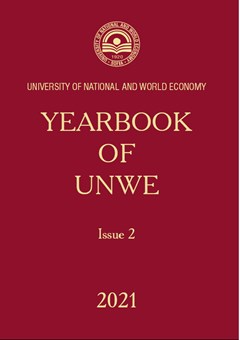Cybersecurity in the Transportation of Energy Resources
Authors: Vladimir Zinoviev, Nadya Parpulova
Abstract
Technical constraints in the field of transport of energy resources following the digitization are particularly relevant in the case of critical infrastructure and Industry 4.0. Since all industrial facilities, of the sector like petrochemical pipelines, expensive to build and designed without any particular form of protection against cyber-attacks, followed a plug-in approach: new technologies have been added on top of existing layers to ensure compatibility and as such became exposed to cyber-attacks. Cyberattacks on energy plants and transportation means could become the most serious threat to any country’s national security, to the impact on the population and the physical destruction of structures, usually in an extremely wide area.
The paper justifies and sums up some steps that both governments and industry should follow and plan for: a) creating instruments and structures in place for conducting strategic intelligence prior to attacks on the network b) invest in designing programs that will raise the awareness of the potential threats and will map out the weak points c) boost collaboration and industry partnerships to address the increasing convergence of physical and virtual threats.
JEL: O14, F63

